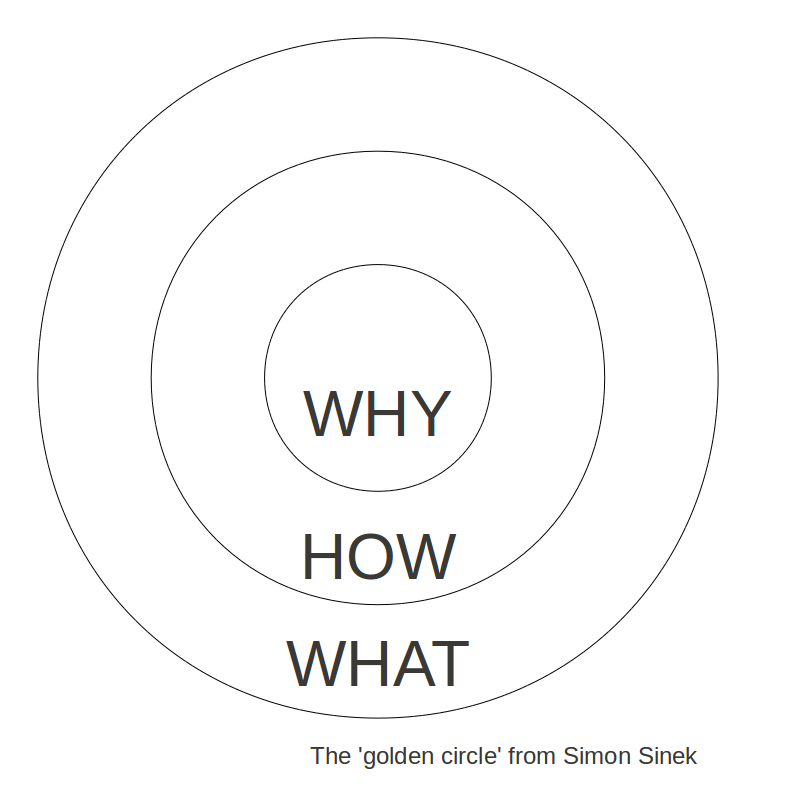Why. There is perhaps no other place in the Army where everyone wants to know “why” all the time, as in EOD. The most junior Solider feels he has a complete right to know why he is doing anything. This is not just about EOD technical things. Every member of the community feels they have an unimpeachable right to know why they are doing anything, from cutting the grass, to wearing class b uniforms instead of camouflage, to attending standardized training. This is NOT normal behavior in the Army. In fact this is probably one of those things that others find so annoying about EOD people. But perhaps we shouldn’t be surprised that we behave this way when at the EOD School, at every turn, there is a senior NCO standing over you, watching everything you are doing and asking, “why are you doing that?” “Do you understand why you do it that way?” This is so the student demonstrates understanding of the underlying concepts and not just rote memorization. This is incredibly important to proper training of the students, and combined with the high stress testing environment, it leaves a mark on them for the rest of their career. Why do we test like this? Because in order to survive in the EOD/bomb disposal business you have to understand “why”. Even when dealing with standardized, mass produced ordnance for which there are verified procedures, the item you are working on is NEVER in pristine condition. If it was, then EOD wouldn’t have been called. Understanding the principles by which an item functions, and understanding the principles of the various hazards and the intent of the procedures you are performing is essential, when the item does NOT look like it does in the manual. These are critical life saving survival skills. So critical that they have become embedded into our training system, and now we pass it on to succeeding generations without thinking. Asking why has become part of the EOD culture.
Recently, I came across this TED Talk from Simon Sinek https://youtu.be/u4ZoJKF_VuA where he lays out the premise that “great leaders start with why”. I really liked his diagram with why, how, and what as concentric circles. Apparently a lot of other people like it too, it’s one of the most viewed Ted Talks ever.

Sinek’s view is that everyone knows what they do, many people know how they are doing it, but few people know why. And those that can answer the question “why? ” are much more successful.
Many organizations encourage this kind of questioning. Google has weekly TGIF all-hands meetings for the entire company. Thousands of people join in via in person and on line methods. And the entire thing is recorded for playback for those that missed it. At these weekly meetings anyone can ask a question of the CEO. Since the company got to be so big, they now have a way to crowd source the questions that get asked. This type of radical transparency is considered a major part of Google’s culture and success. (See Work Rules!, by Laszlo Block, page 46.)
EOD Soldiers are always going to ask “why”. About everything. This is not just something they are doing to annoy others, the annoyance is just an amusing byproduct. This is something that is embedded in EOD culture as a long term survival trait, and needs to be reinforced, not eliminated. My experience has been that practicing a Google-ish type of total transparency is the best way to deal with EOD troops, or really with any group. If you are working with good people, either you trust them, or you don’t. If you don’t know, say you don’t know. If you do know, take the time to explain it. If you can’t explain to them why you want them to do something, you will inevitably trigger the deep rooted cynicism that is also a part of EOD culture. More on that cultural cynicism in a future post.
Great article. Reinforcing ‘Why’ was at the core of what I wanted to achieve during my command period in our EOD group, especially in basic and advanced training. Less quoting of textbooks, more demonstrating how basic principles are being applied in specific cases. I hope it paid off and will continue to do so.
And yes, for a while you’re considered to be annoying by the annoying people.